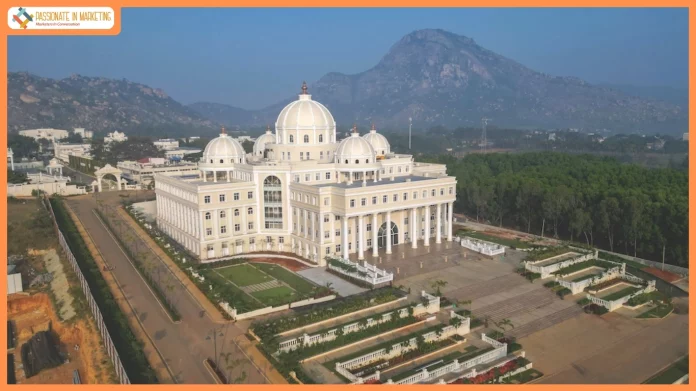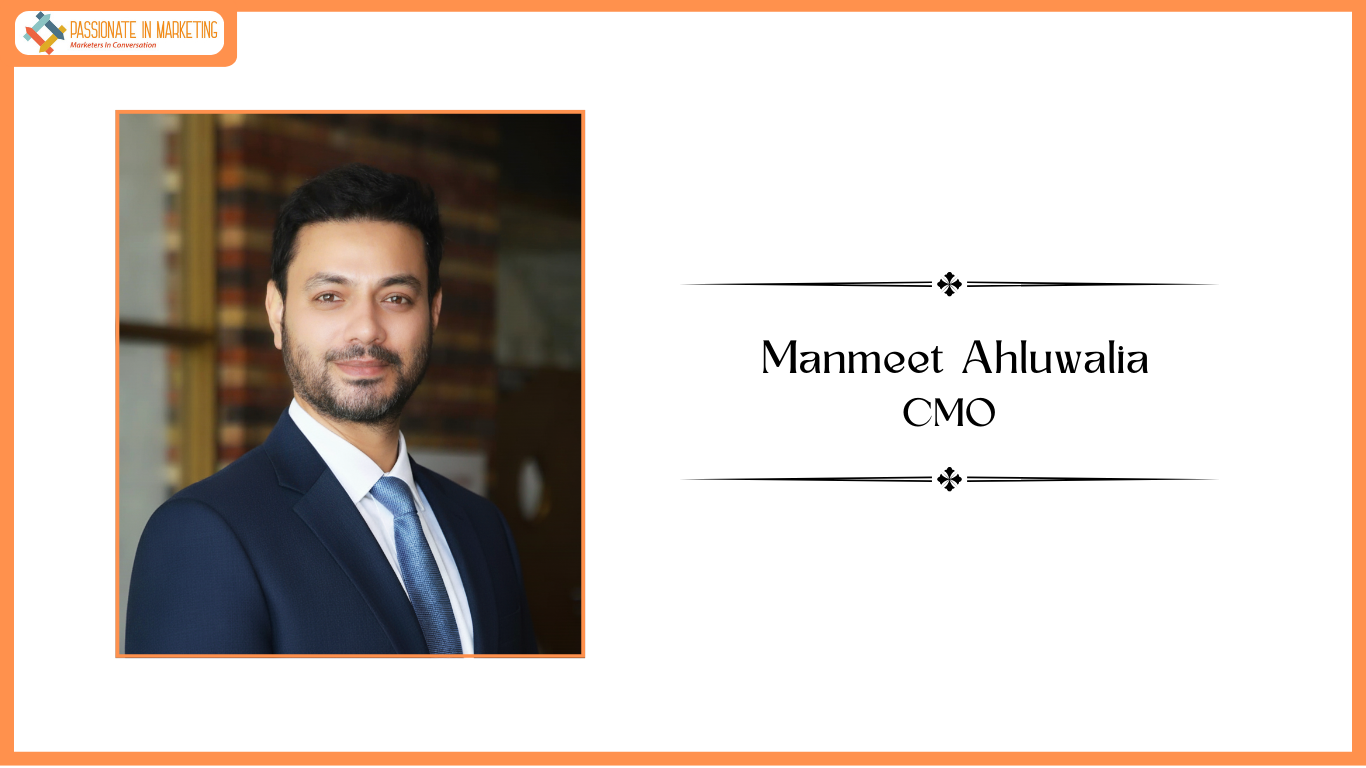Mumbai, 19th April’23: Recently inaugurated, Sri Madhusudan Sai Institute of Medical Sciences and Research, India’s first totally-free medical college for underprivileged students, built at a capital cost of Rs. 400 crore and consisting of 100 MBBS seats, is investing in another Rs. 400 crore to build a new additional teaching hospital to supplement the institute, its Founder said in a statement today.
“The Prashanthi Balamandira Trust, which manages the Sri Madhusudan Sai Institute of Medical Sciences and Research, will spend another INR 400 crores in the next phase for the construction of another 400-bed teaching hospital and related facilities to complement the medical college,” its Founder, Sri Madhusudan Sai, said.
Honourable Prime Minister Narendra Modi inaugurated the medical college on March 25 in a glittering ceremony. The move would alter the very paradigm of medical education in India, establishing a new standard for access to quality medical education and preventing exclusion for first-generation learners and disadvantaged rural students.
Commenting on the operating expenditure of the free medical college, Sri Madhusudan further said: ” The Trust is expected to spend approximately INR 125 crore to INR 140 crore per year in operating expenses as the number of medical seats increase in the next five years for the Sri Madhusudan Sai Institute of Medical Sciences and Research. We are working with like-minded individuals, philanthropists and corporate partners for this unique free education model.”
One of the two teaching hospitals, which is the Sri Sathya Sai Sarla Memorial Hospital, has been operational since 2018, providing totally free holistic healthcare to all, irrespective of any barriers whatsoever, without a billing counter.
“We have also collaborated with several leading corporations, including the PSU (Bharat Petroleum Corporation Limited), the tech giant (Dell Technologies), top pharmaceutical companies like Cipla, banking organisations like the Karnataka Bank, and ICICI Bank, among others, to create a cost-effective medical education model,” said Sri Madhusudan Sai.
The Sri Madhusudan Sai Institute of Medical Sciences and Research at Sathya Sai Grama, Muddenahalli about 50 kilometres from Karnataka’s capital Bengaluru, consists of an academic and administrative block and one teaching hospital that covers an area of approximately 325,000 sq. ft.
The college will start functioning from the academic year 2023-24, which is an unfathomable initiative that has the potential to revolutionise the way medical education is imparted. This initiative, which has no precedent in the past, is being spearheaded by the Prashanthi Balamandira Trust, a not-for-profit organisation under the leadership of Sri Madhusudan Sai, which has established other educational campuses including a University, where education is given free of all costs from Grade six to Doctoral programmes.
The Sri Madhusudan Sai Institute of Medical Sciences and Research will include two teaching hospitals, one academic cum administration block, a college building, staff quarters, playgrounds, an auditorium, and separate hostels for boys and girls.
Over 1,000 outpatients are treated every day, and more than 350 inpatients are admitted for various ailments every single day. In the near future, the number of beds will grow from 360 currently to over 800 with the completion of another teaching hospital.
“Initiatives like this can help improve access to quality healthcare in rural areas and also create opportunities for students from these areas to pursue medical education and become healthcare professionals themselves. This, in turn, can positively impact healthcare equity and the overall well-being of the rural population. I hope this initiative sets an example for other organisations and institutions to follow and contribute to the development of sustainable models for providing education and healthcare services in underserved areas. The College will be sustainable through the collaboration of the CSR partners, the network of individuals that we have built, and government schemes like the Ayushman Bharat Yojana for which we are eligible.
Education is a fundamental right for every child, and we must ensure that every child has access to it. By providing education to underprivileged students, we can empower them to break the cycle of poverty and make a better life for themselves and their families,” thus remarked Sri Madhusudan Sai.
The Honourable Prime Minister while inaugurating the College on March 25, said, “Sathya Sai Grama has given a wonderful model of service to this land of Bharat. The selfless service activities of Nutrition, Education, and Healthcare that are being done from this place are truly appreciable. The inauguration of the free medical college gives additional strength and enthusiasm to their already existing service projects. Sri Madhusudan Sai Institute of Medical Sciences and Research will produce doctors and other healthcare providers who will submit themselves for the service of the nation. ‘Amrut Kaal’ can be achieved only one way: through consistent efforts by each of you, and this is what is happening from this place.”
The Medical Institute will have 125 faculty members for the first year of the medical college, which will include Professors, Associate Professors, Assistant Professors, Senior and Junior Residents, and Tutors as per the norms of the University Grants Commission and the National Medical Commission.
The Prashanthi Balamandira Trust, established in 1981 in the Chikkaballapur district of Karnataka, acquired the necessary land and built the infrastructure for the medical college to commence in the academic year 2023-24.







